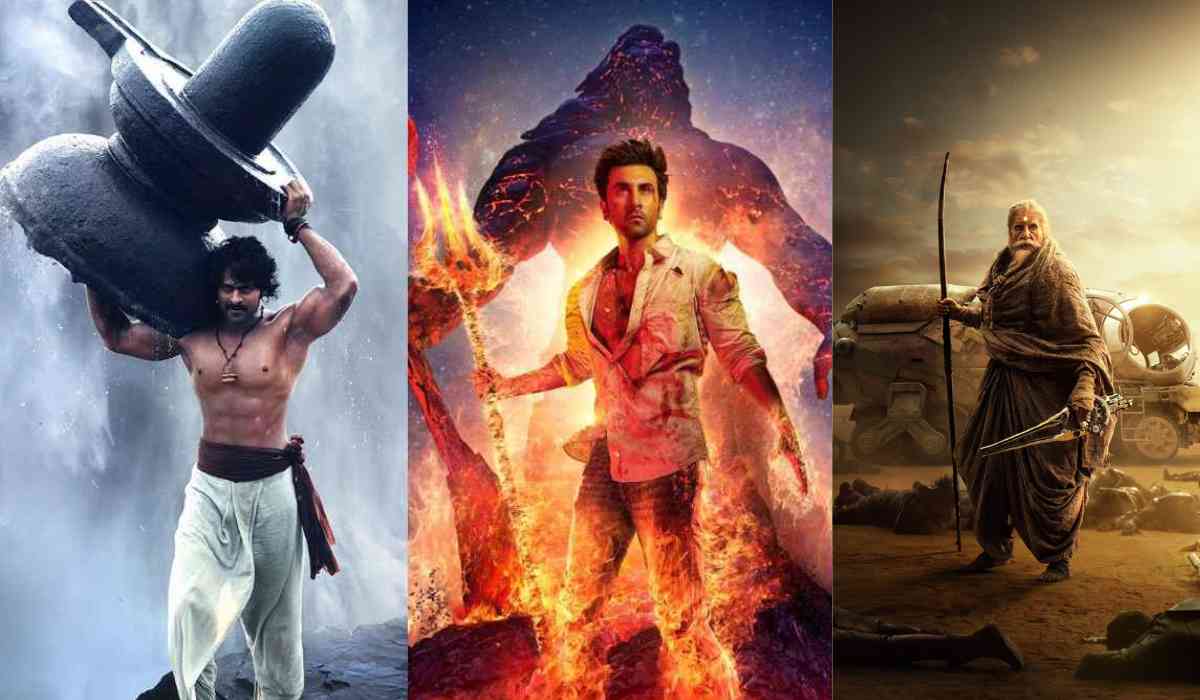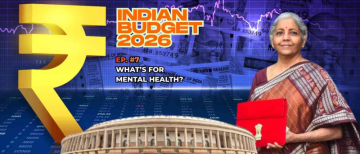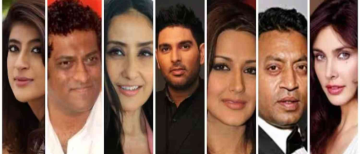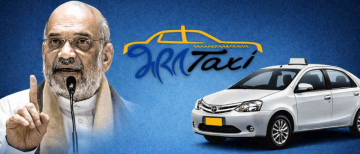Filmmaker Nag Ashwin's ambitious project, "Kalki 2898 AD," marks a significant step in Bollywood's exploration of Hindu mythology fused with science fiction. Previously known as "Project K," this multilingual, big-budget sci-fi film stars renowned actors Prabhas, Deepika Padukone, Amitabh Bachchan, and Kamal Haasan. The film, produced by C Aswini Dutt of Vyjayanthi Movies, has generated substantial buzz with its trailer launch. The 3.03-minute trailer hints at a futuristic setting filled with mythological references, promising an epic battle and the dawn of a 'naya yug' (new era).
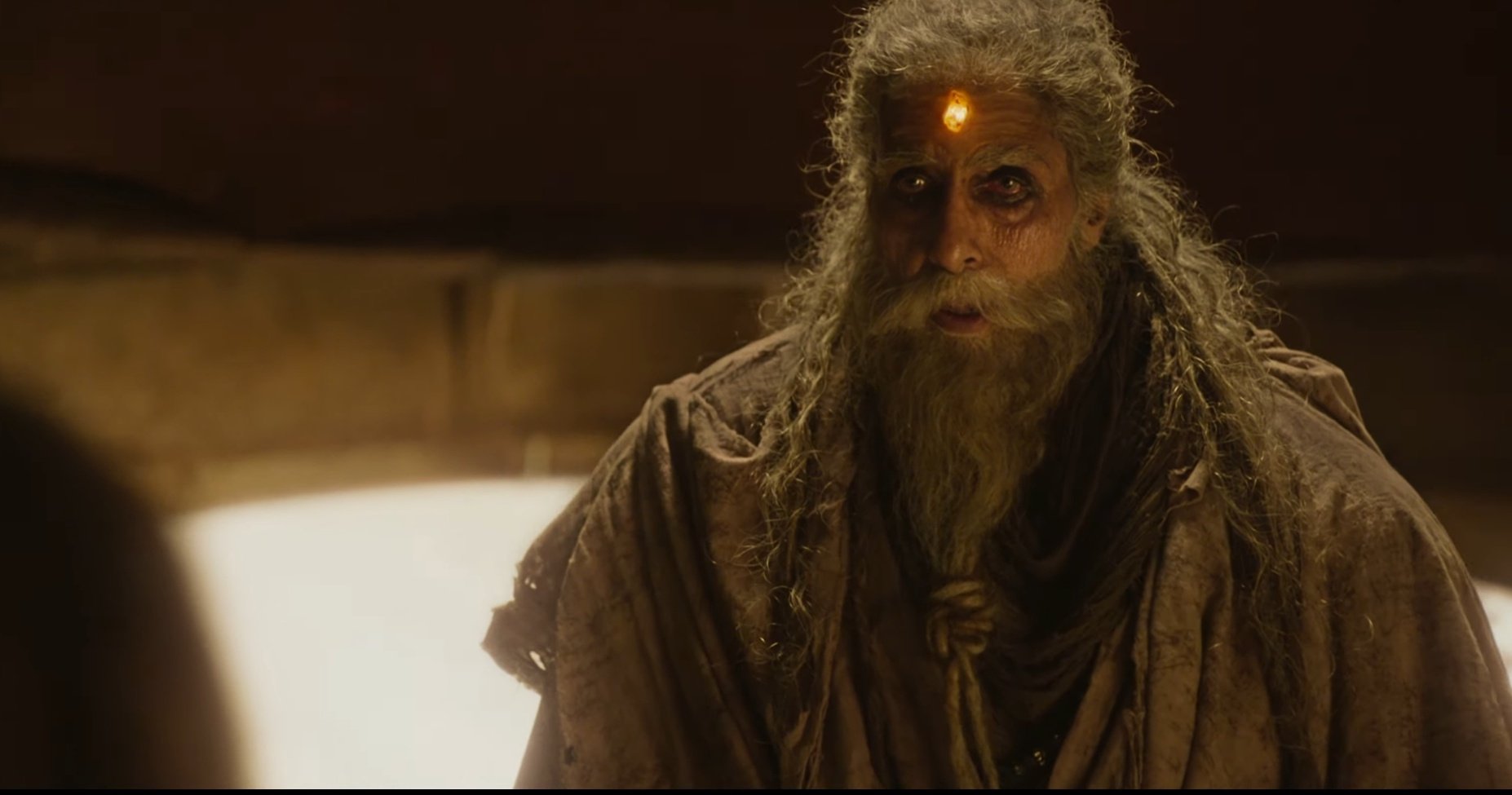
Historical Foundations: From "Raja Harishchandra" to Modern Times
Bollywood's romance with Hindu mythology dates back to the origins of Indian cinema. The first Indian feature film, Dadasaheb Phalke’s 1913 silent movie "Raja Harishchandra," was based on the myth of a virtuous king who sacrificed everything for a promise made in a dream. Early filmmakers turned to these timeless tales because they resonated deeply with audiences, offering stories rich in universal human emotions and moral lessons.
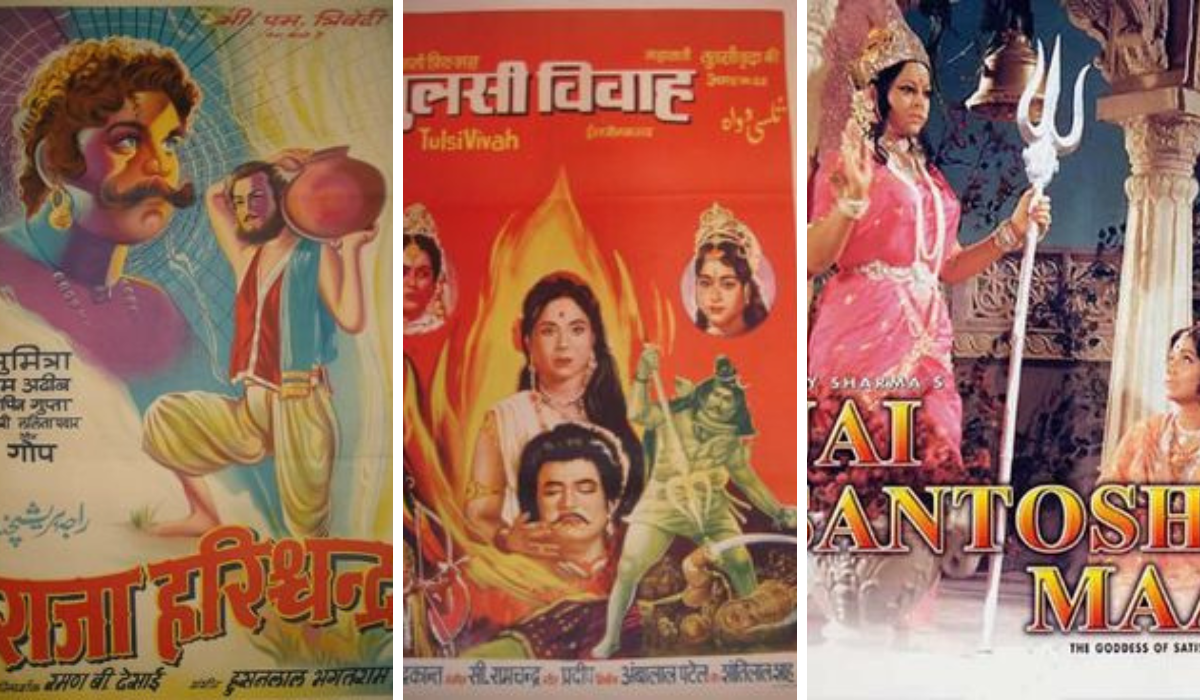
These mythological stories were ideal for early cinema, offering grand narratives that ensured mass appeal. They were comforting tales of good triumphing over evil, set against a backdrop of grand scale, elaborate costumes, and impressive production designs. The familiarity of these stories guaranteed audience engagement, making them a staple in the fledgling days of Indian cinema.
Mythological Anecdotes: Better than Movie Scripts
Hindu mythology is replete with stories that are often more compelling and intricate than many contemporary movie scripts. These anecdotes, with their complex characters and dramatic twists, provide a rich narrative framework that filmmakers can adapt. The epics like the Mahabharata and the Ramayana, with their vast array of characters and subplots, offer a treasure trove of stories. These tales encompass the full spectrum of human emotions and ethical dilemmas, making them perfect for cinematic adaptation.
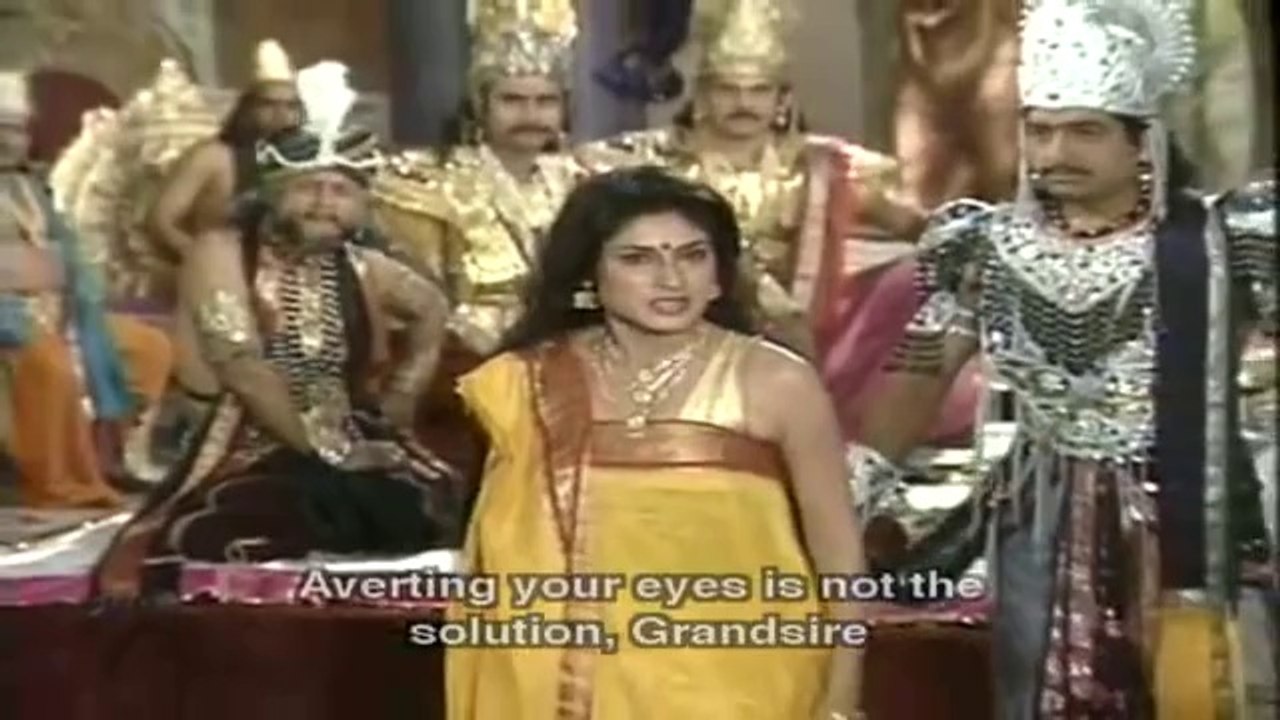
Mahabharata and Ramayana: The Go-To Epic Battles
Filmmakers often turn to the Mahabharata and the Ramayana when they face creative blocks. With their grand scale and timeless themes, these epics provide endless material for exploration. The Mahabharata, with its intricate web of familial conflicts and moral questions, and the Ramayana, with its story of duty, love, and righteousness, serve as perennial sources of inspiration. The enduring appeal of these stories ensures that they remain relevant, providing filmmakers with a rich canvas to paint their cinematic visions.
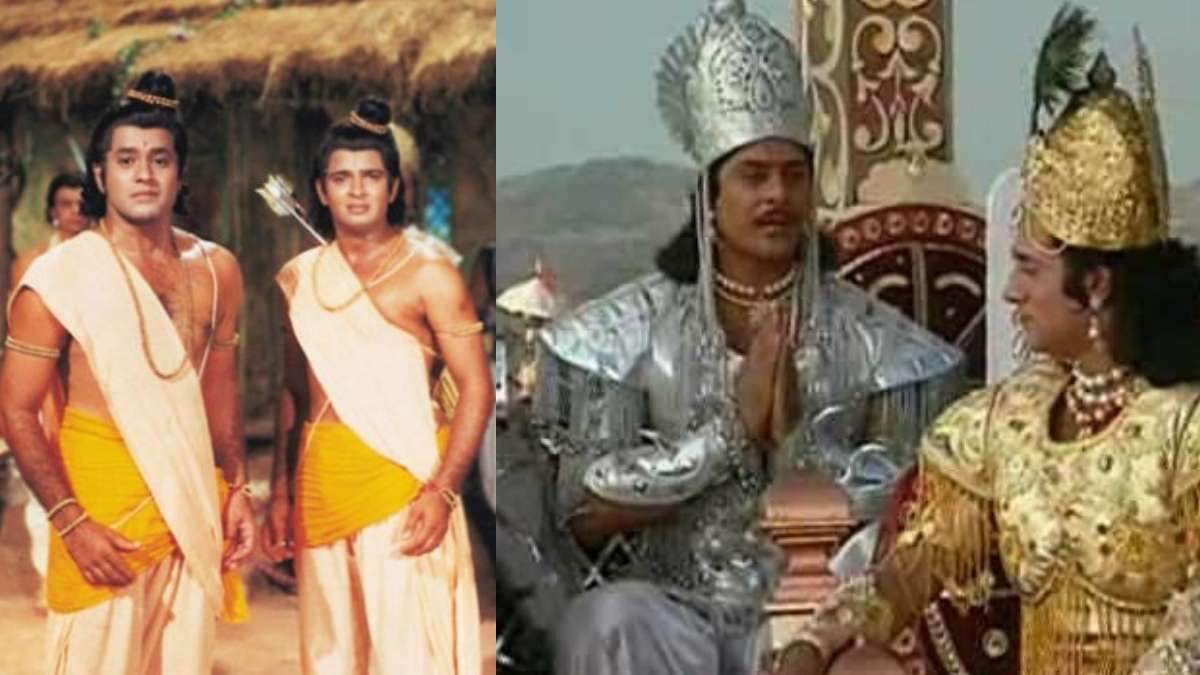
The Technological Evolution and Its Impact
With the advent of new technologies, Bollywood's ability to experiment with mythological themes has expanded significantly. Advances in CGI, special effects, and production design have allowed filmmakers to bring the grandeur of Hindu mythology to life in previously unimaginable ways. Films like S.S. Rajamouli's "Baahubali" series set a new benchmark for mythological adaptations, blending epic storytelling with state-of-the-art visual effects. Inspired by the Mahabharata, the series created a pan-Indian phenomenon, showcasing the potential of mythological epics in modern cinema.
_1718110494.jpg)
Constant Experimentation with Mythological Themes
Bollywood's experimentation with mythology is not limited to grand epics. Films across genres have drawn inspiration from Hindu mythology, reinterpreting and reimagining these stories for contemporary audiences.
► Baahubali: The Beginning and Baahubali 2: The Conclusion
S.S. Rajamouli's "Baahubali" series is a landmark in Indian cinema. The story of a commoner with royal roots in the kingdom of Mahishmati, inspired by the Mahabharata, transformed into a cinematic spectacle that matched Hollywood's scale. The iconic image of Prabhas as Shivudu lifting a giant Shivling became symbolic of the strength and heroism celebrated in Hindu mythology.
► Brahmastra Part I: Shiva
Ayan Mukerji's "Brahmastra Part I: Shiva" (2022) is another notable example. The film, about an orphan discovering his power to control fire, draws heavily on Hindu iconography and mythological themes. It represents a modern take on mythological storytelling, combining fantasy elements with contemporary narratives.
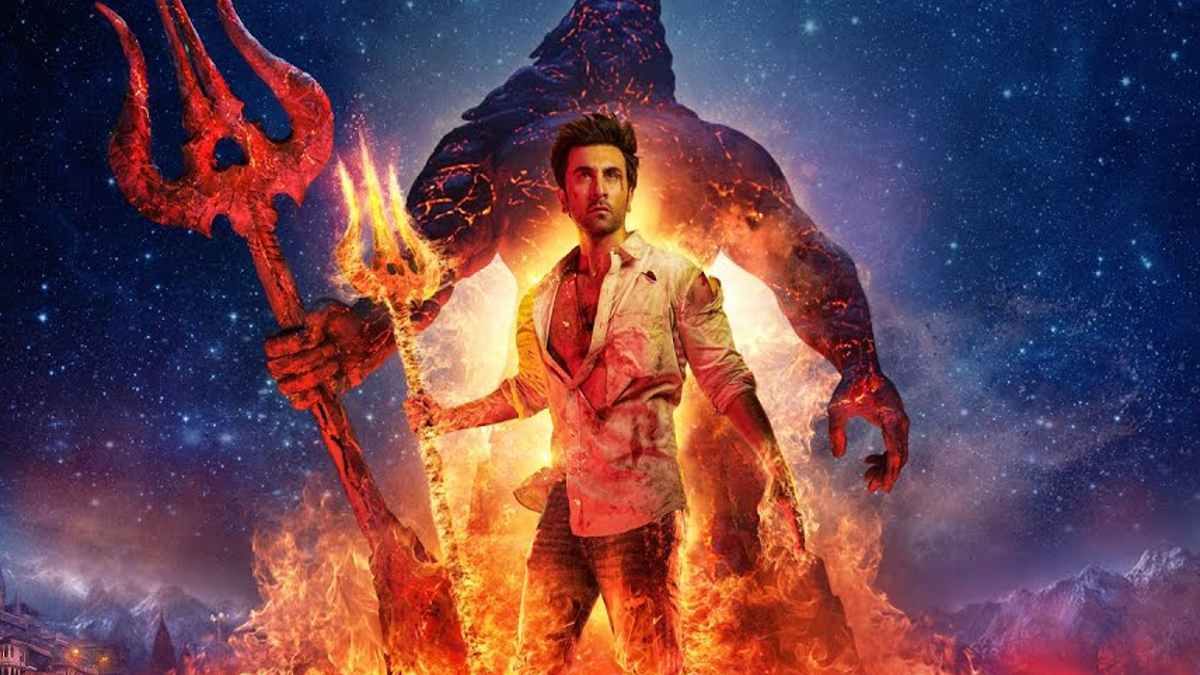
► Karthikeya 2 and Ram Setu
Chandoo Mondeti’s "Karthikeya 2" (2022) and Abhishek Sharma’s "Ram Setu" (2022) further illustrate Bollywood's engagement with mythology. "Karthikeya 2" follows a doctor uncovering the power of Krishna, while "Ram Setu" features Akshay Kumar as an atheist archaeologist who embraces faith and celebrates Hindu mythology. These films reflect the ongoing fascination with mythological themes and their relevance in modern storytelling.
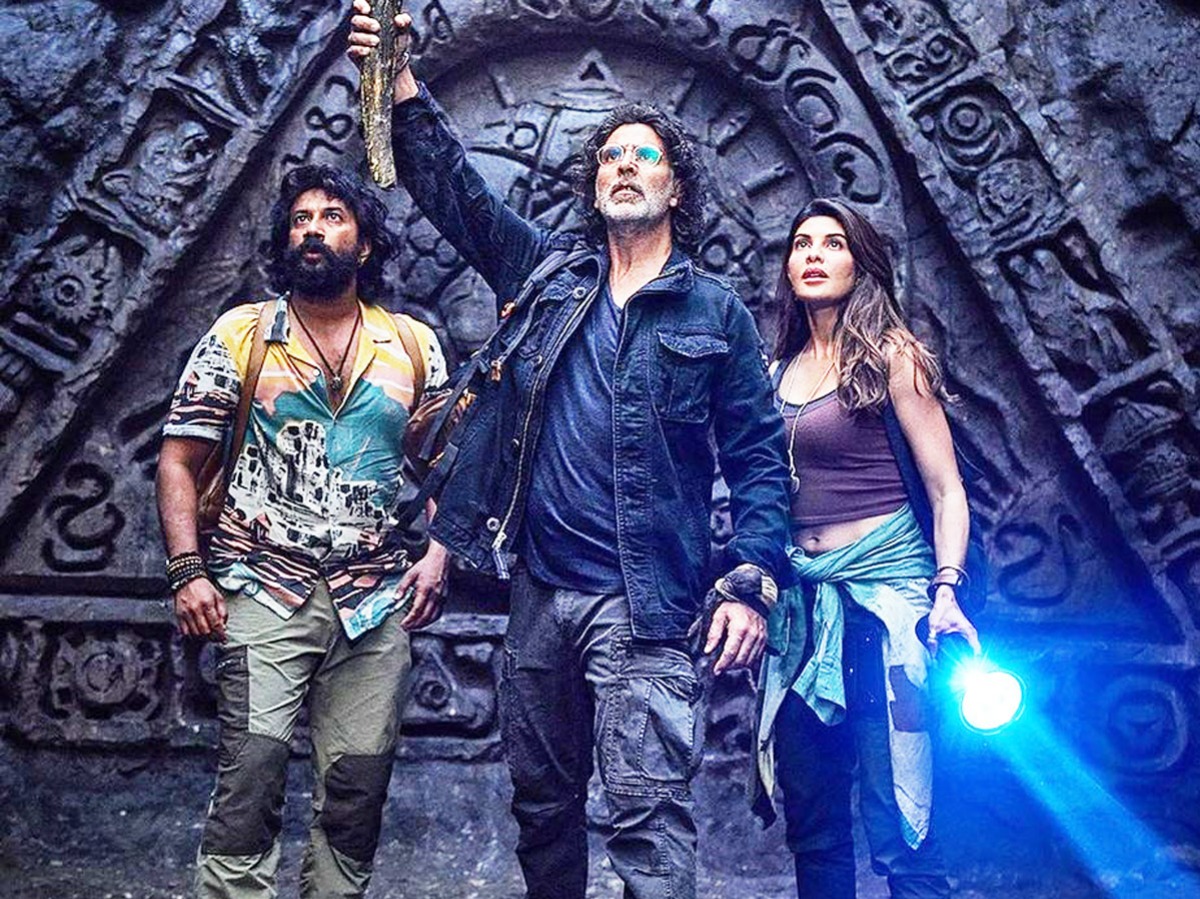
Contemporary Mythological Films and Societal Reflections
Modern mythological films often reflect the spirit of the times and the nation's mood. They celebrate Hindu mythology and heritage but also engage with contemporary issues and themes. For instance, Prakash Jha’s "Rajneeti" (2010) and Mani Ratnam’s "Raavan" (2010) offer contemporary interpretations of the Mahabharata and Ramayana, respectively, highlighting their enduring relevance.
Films like "Ram Setu" (2022), starring Akshay Kumar, highlight Bollywood's exploration of Hindu mythology in the context of national identity and cultural heritage. In this film, Kumar plays an atheist archaeologist who embarks on a quest that leads him to embrace faith and celebrate Hindu mythology. This narrative shift from logic and science to faith reflects broader societal trends and the increasing intersection of mythology with nationalistic fervor.
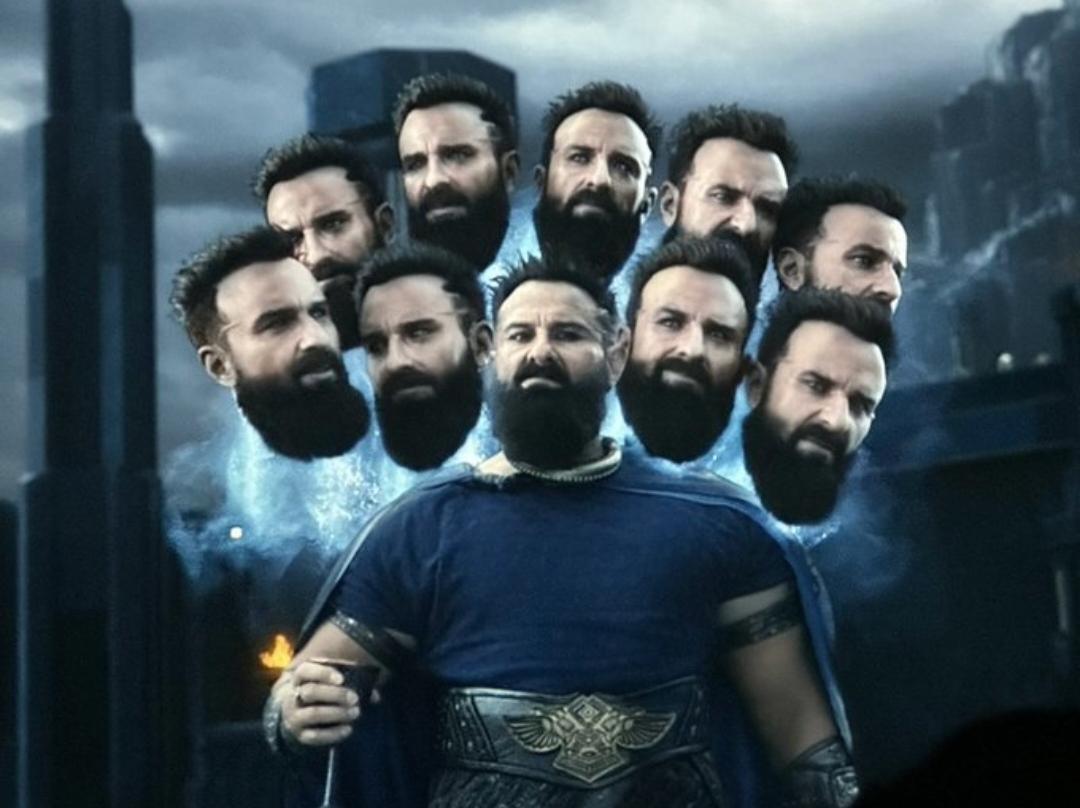
The Majoritarian Narrative and Its Complexities
The resurgence of mythological films also mirrors the contemporary socio-political climate in India. These narratives often emphasize Hindu supremacy and cultural pride, aligning with the current majoritarian sentiment. They validate and endorse a vision of a glorious Hindu past and a future Hindu Rashtra (nation). These stories are predominantly male-centric, featuring heroes who embody a blend of patriotism and religious fervor, reflective of the hawkish nationalism prevalent today.
However, this alignment with majoritarian views has also led to controversies. Om Raut’s "Adipurush" (2022), based on the Ramayan, faced backlash for its portrayal of Hindu gods. Actor Saif Ali Khan’s depiction of Ravana drew criticism for its perceived inaccuracies and "Mughal era-inspired" aesthetics, highlighting the sensitivities involved in reinterpreting mythological characters.
The Future of Mythological Cinema
As Bollywood continues to experiment with Hindu mythology, the genre is set to evolve further. Films like "Kalki 2898 AD" represent a new frontier, blending ancient myths with futuristic settings and themes. This fusion of tradition and innovation not only reinvigorates age-old stories but also makes them accessible and appealing to contemporary audiences.
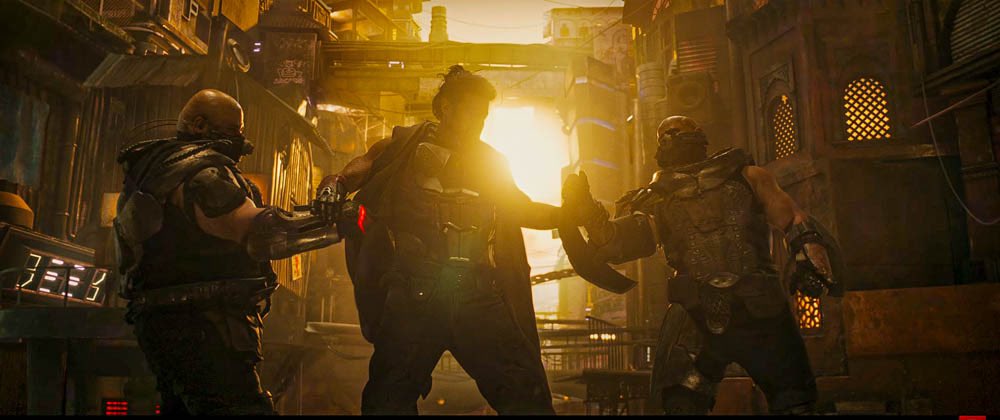
The grand narratives of Hindu mythology, with their universal themes and moral lessons, provide a rich tapestry for filmmakers to explore. As technology advances and societal narratives evolve, Bollywood's mythological films will likely continue to reflect and shape the cultural zeitgeist, offering audiences both entertainment and a connection to their cultural roots.
Image Source: Multiple Agencies
Ⓒ Copyright 2024. All Rights Reserved Powered by Vygr Media.

